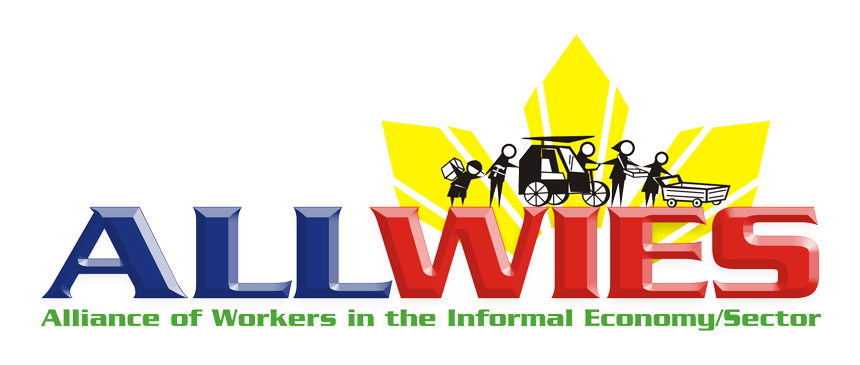
The International Labour Organization and the Department of Labour conducted Decent WorkTraining of Trainers on Social Marketing at Kimberly Hotel, Tagaytay City on Nov. 3-5, 2010. The participants were coming in tripartite : 1)government, 2) workers, and 3) employers. Asec. Tetey Soriano of the Department of Labor, in her closing remarks, exporessed high hopes for Decent Work to be owned by the workers, employers and government in its respective roles in the economy.
The toolkit for the Trainers attempts to put a framework, approach and easy-to-use tools for Decent Work Advocacy .
The toolkit for the Trainers attempts to put a framework, approach and easy-to-use tools for Decent Work Advocacy .
"Decent work is an expression of a universal aspiration of people towards productive work under the conditions of freedom, equity, security and human dignity. It reflects personal goals for individuals, development goals for countries and solidarity with others". .... ILC 2002 documents
The informal sector leaders in the Philippines, believe, that addressing decent work deficits in the informal economy is a way out of poverty.
Susanita "Babes" Tesiorna, in her time as the Sectoral Representative for the Workers in the Informal Sector-National Anti-Poverty Commission succeeded in the advocacy for the members of the 2005 Sectoral Assembly of the NAPC-Workers in the Informal Sector Assembly to adopt the Sectoral Agenda : Addresing Decent Work Deficits in the Informal Economy". The last council, Sectoral Assembly 2010, sustained the said agenda.
The informal sector leaders in the Philippines, believe, that addressing decent work deficits in the informal economy is a way out of poverty.
Susanita "Babes" Tesiorna, in her time as the Sectoral Representative for the Workers in the Informal Sector-National Anti-Poverty Commission succeeded in the advocacy for the members of the 2005 Sectoral Assembly of the NAPC-Workers in the Informal Sector Assembly to adopt the Sectoral Agenda : Addresing Decent Work Deficits in the Informal Economy". The last council, Sectoral Assembly 2010, sustained the said agenda.







